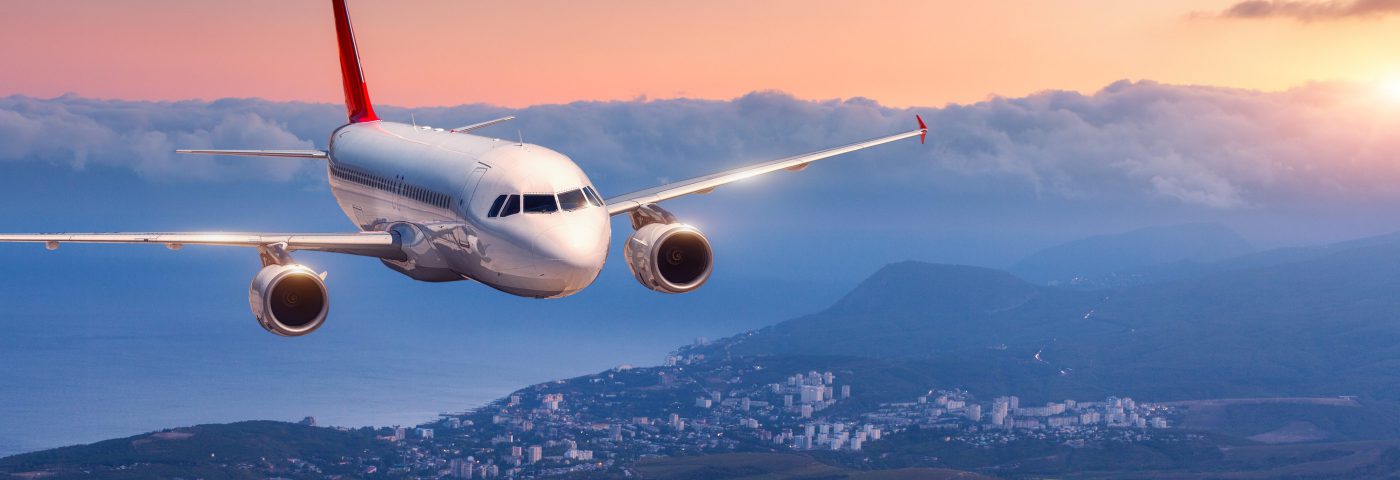There is the usual share of volatility making it rough going for airlines as this year’s WTM approaches. When exactly a particular challenge will rear its head isn’t predictable, but what is clear is that only the fittest will survive the harshest shocks.
At the time of writing there are a whole host of challenging topics on the agenda for the world’s airlines. Traffic to Asia has been hit by the backdrop of US- China trade tension and demand for some carries to China has softened. Specifically, the political protests in Hong Kong have taken their toll on traffic, with tourism down by a massive 40% and home carrier Cathay Pacific seeing a similar reduction in demand. In particular Cathay has reported a significant drop in premium traffic which has the biggest negative impact on the bottom line. It has announced drastic action to stop the haemorrhaging with significant capacity cuts to its flight schedule in the coming months.
In Europe we’ve seen self inflicted wounds with pilot strikes at Ryanair and British Airways. Both airlines are highly profitable and their respective pilot forces see this as opportunity to negotiate for better terms and a bigger slice of the pie. The challenge for the managements of these airlines is to explain the need to have cash in the bank to weather the kind of storms which Cathay is facing and which can bleed millions of dollars in no time, whilst recognising the importance of a professional and motivated workforce. Added to this is the need to fund investment in new aircraft, with both Ryanair and British Airways having large orders outstanding.
The recent attack on an important Saudi oil refinery has seen a spike in oil prices, meaning that airlines face higher fuel costs, an almost certain guarantee that some will be pushed to failure as we’ve witnessed with many weaker airlines, lacking strong cash reserves, over the last year or so. There are worrying macro economic trends too, with hints of a recession round the corner and Brexit continuing to weigh heavily on the minds of many airlines. There’s evidence of slowing demand in the U.K. market as the pound weakens against both the euro and the dollar.
Still there are areas of brightness as well managed airlines succeed in triumphing over adversity and continue to innovate and test out new products and services. Our two airline guests this year are good examples of this. Virgin Atlantic, an airline seeking to return to the black, finds itself under new ownership with founder Sir Richard Branson now a minority shareholder and major airline groups, Delta and Air France KLM the majority owners. Since the start of the year the airline has a new CEO, Shai Weiss and he will be my keynote interviewee as part of the meet the leaders programme. I’m looking forward to exploring with him his plans to turn the airline around. He has a lot on his agenda with Virgin taking delivery of new long haul aircraft, acquiring short haul U.K. airline Flybe, launching new routes and with big ambitions to grow at Heathrow when the third runway comes on stream. I’ll be armed with plenty of questions for him when he’s in the hot seat and if there’s anything you’d like me to ask in the interview then let me know!
An airline which is going from strength to strength despite all the challenges is Wizz and CEO Jozsef Varadi is my other airline guest this year. I first interviewed him at the WTM five years ago but since then Wizz has become a much larger player delivering very impressive levels of profitability. It’s a very interesting airline which I sometimes call the “Ryanair of the east ” due to its rigorous and disciplined focus on low costs and it’s primarily Eastern European geographic focus. However more recently, in the context of Brexit, Wizz obtained a UK operating license and has established a base at London Luton airport. It’s also shifting focus to some none Eastern Europe markets , flying from Luton to, for example , Iceland and a number of Mediterranean destinations. We can expect it’s reach to continue to grow as it has a massive outstanding order for over 250 new Airbus aircraft.
It’s always interesting to learn about the leadership styles and strategies of different airlines and I believe the two interviews we have lined up are going to be no exception. I’m excited and I hope you’ll join me for these two sessions, but get there early, space is limited!

